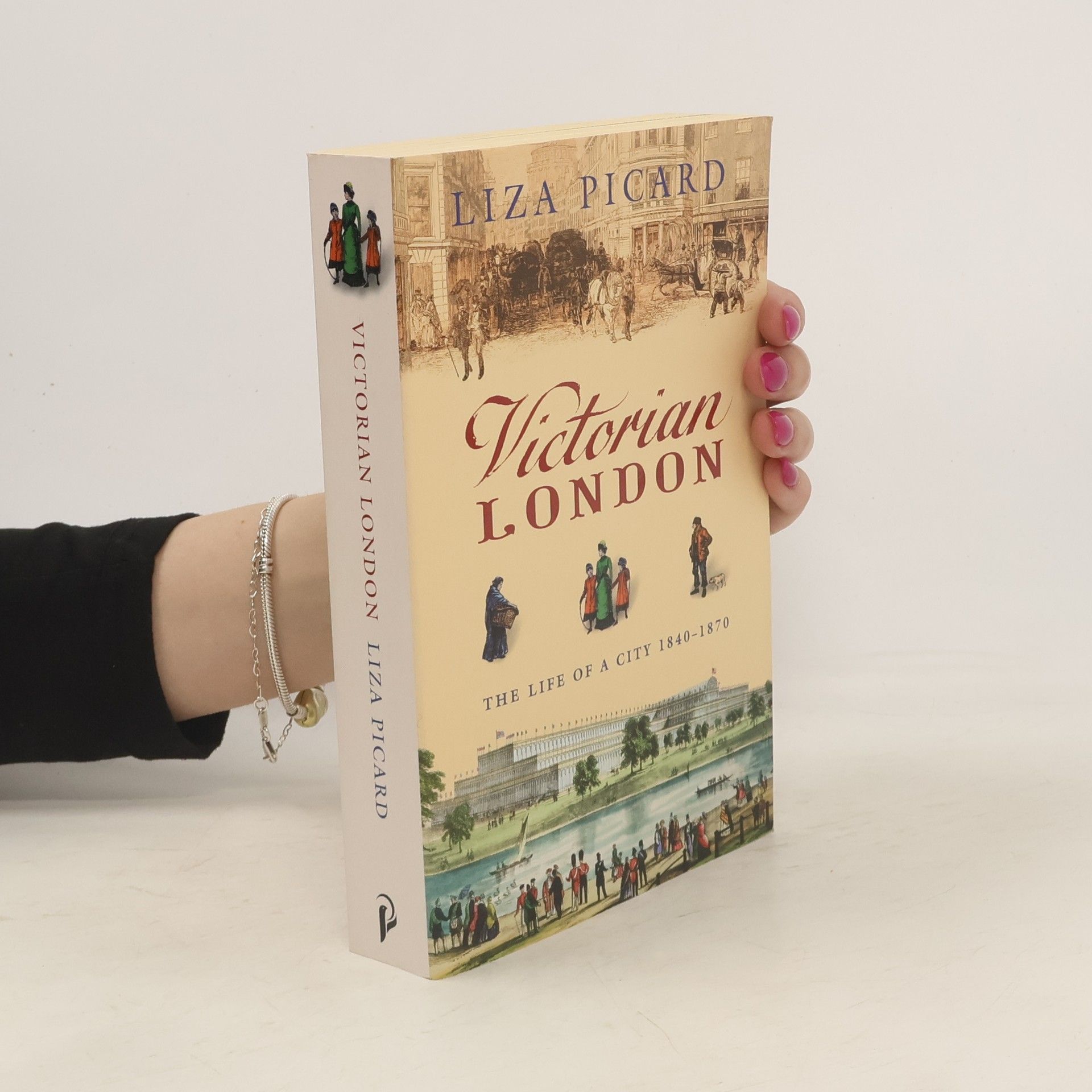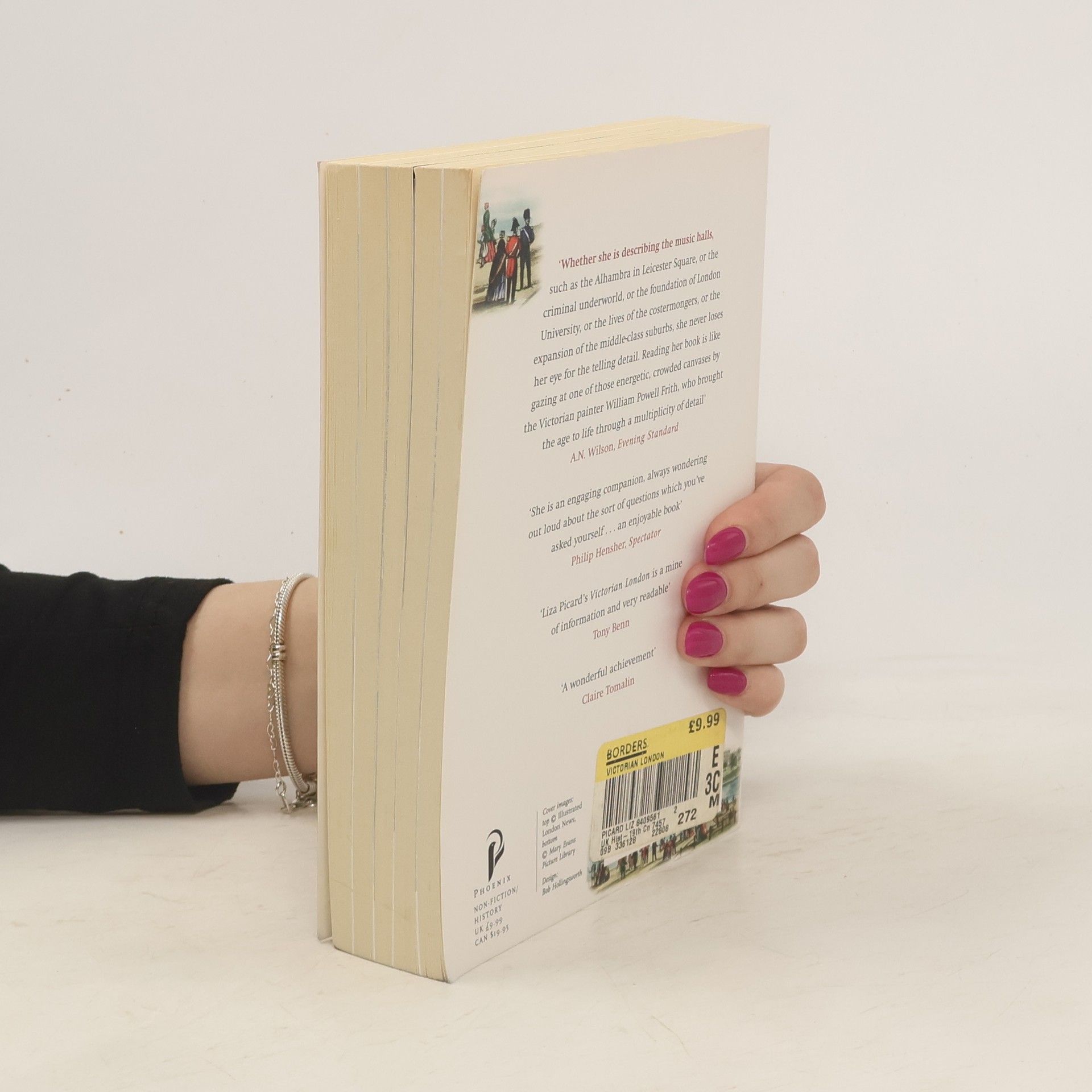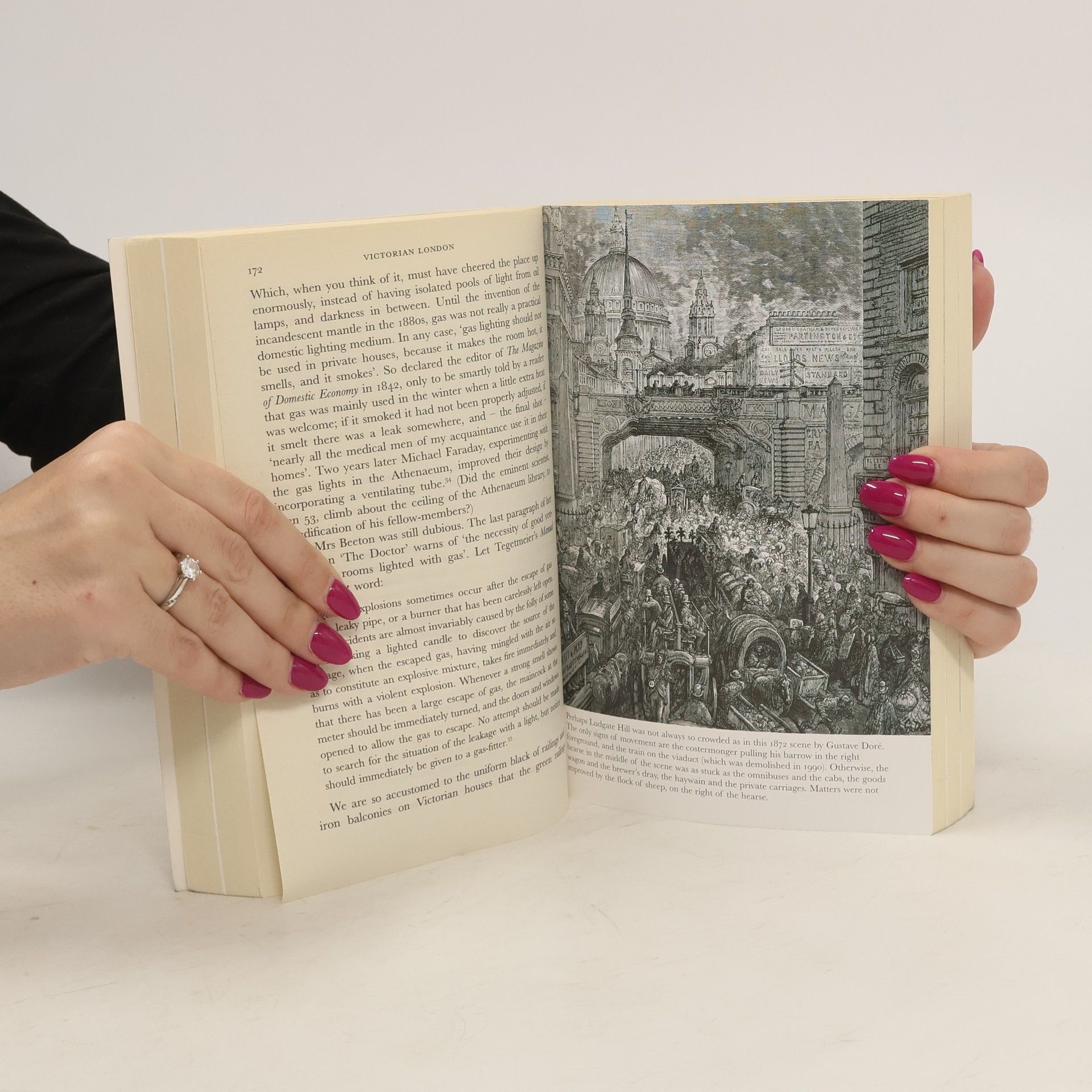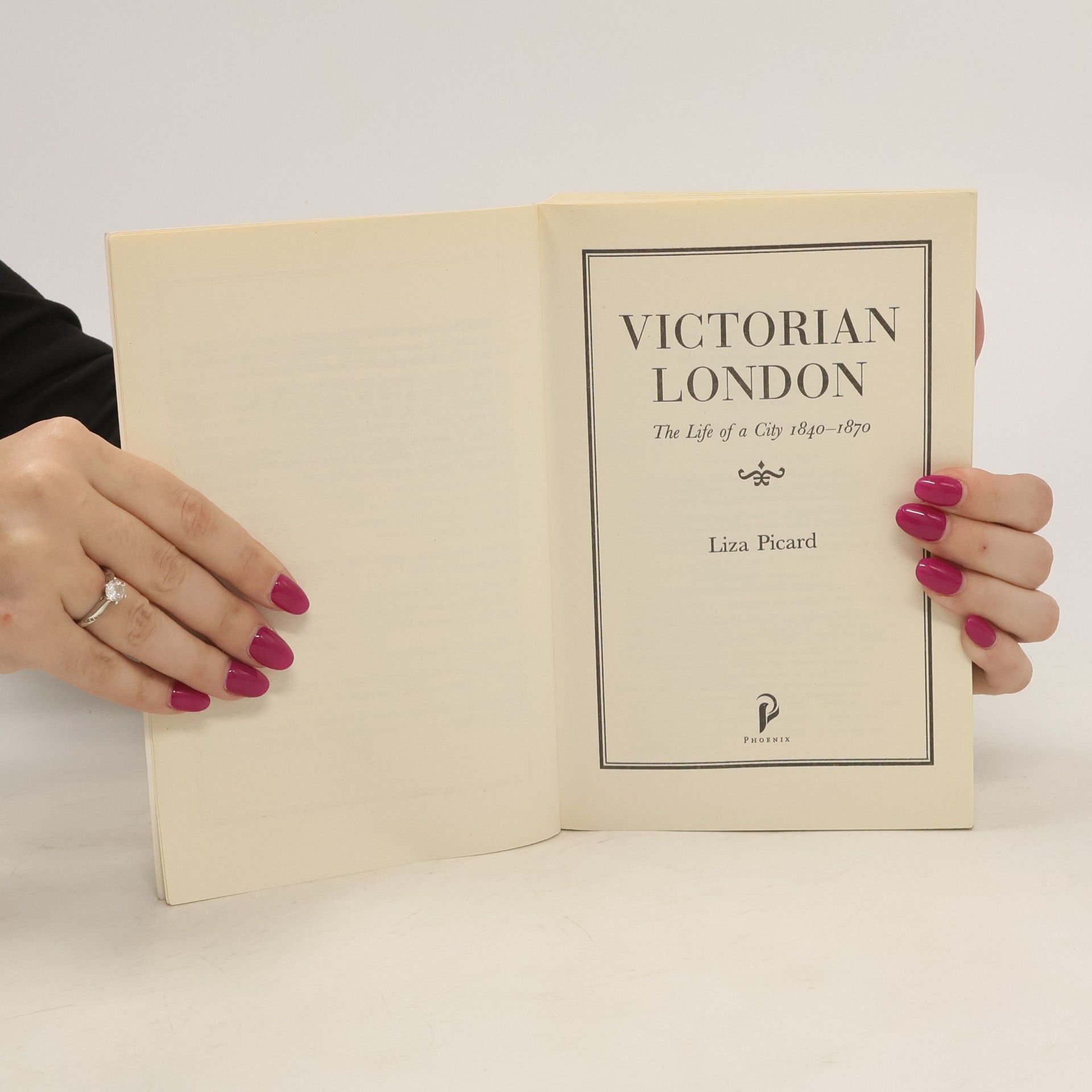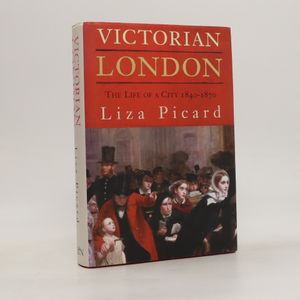Mehr zum Buch
Like her previous books, this book is the product of the author's passionate interest in the realities of everyday life - and the conditions in which most people lived - so often left out of history books. This period of mid Victorian London covers a huge span: Victoria's wedding and the place of the royals in popular esteem; how the very poor lived, the underworld, prostitution, crime, prisons and transportation; the public utilities - Bazalgette on sewers and road design, Chadwick on pollution and sanitation; private charities - Peabody, Burdett Coutts - and workhouses; new terraced housing and transport, trains, omnibuses and the Underground; furniture and decor; families and the position of women; the prosperous middle classes and their new shops, e.g. Peter Jones, Harrods; entertaining and servants, food and drink; unlimited liability and bankruptcy; the rich, the marriage market, taxes and anti-semitism; the Empire, recruitment and press-gangs. The period begins with the closing of the Fleet and Marshalsea prisons and ends with the first (steam-operated) Underground trains and the first Gilbert & Sullivan. All the splendours and horrors of Victorian life will be vividly recalled.
Publikation
Buchkauf
Victorian London, Liza Picard
- Sprache
- Erscheinungsdatum
- product-detail.submit-box.info.binding
- (Paperback)
Hier könnte deine Bewertung stehen.
